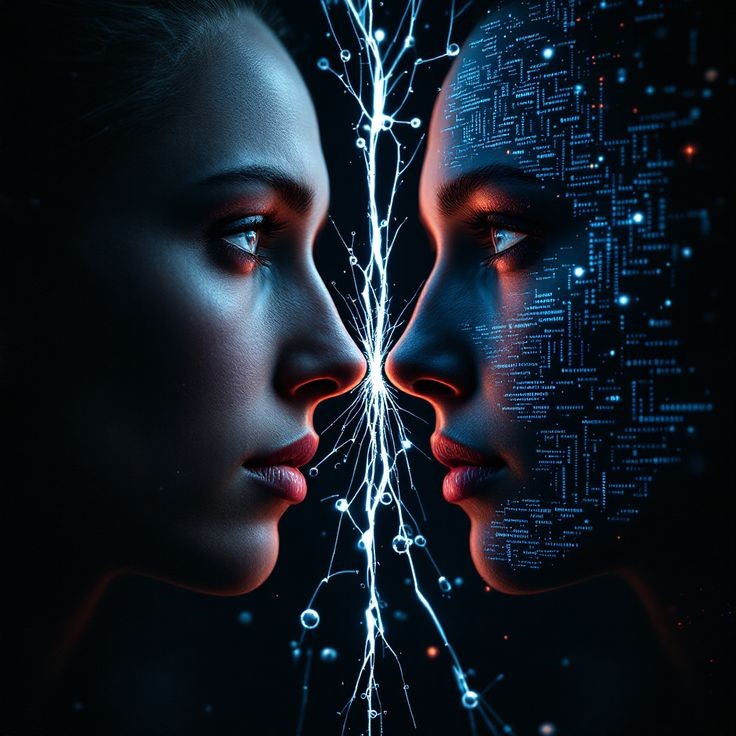The Nigerian real estate market reached a value of USD91.1 million in 2023 and is to reach USD 2.25 trillion by the end of this year. So, if you’re a real estate investor or looking to be one, hang in there, this one’s for you. The Role Limestone Plays in Maximizing Property Returns for Investors By Ifeanyi Aneke Why Real Estate? 75% of Nigerians if not more, believe that real estate investment is one of the safest investments anyone can lay their hands on. This is because of the attractive Return on Investment (ROI). Many factors contribute significantly to adding value to your property. One of them is location. For anyone who has been in the real estate market for a while, the saying ‘Location, Location, Location’ is not a strange one. Properties situated in prime locations often do great when it comes to maximizing property returns especially due to their high demand. But that is not where the crux of this article lies. This time, location will be a getting a break. Look, location is fundamental, definitely. But it doesn’t end there. In addition to this profit yielding factor, investors and property managers are now leveraging technology for returns on their properties. In other words, the use of technology in property management is fast becoming a trend this century, why miss out on it? What are the challenges in property management? You see, property management can be a daunting task, especially when dealing with manual processes, lack of transparency, and inefficient communication. This is where Limestone comes in – a game-changing solution that revolutionizes property management and unlocks greater returns for investors. First things first. Let’s identify the problems that come with traditional ways of managing properties: Manual data entry and paper-based record-keeping are time-intensive and prone to human error, impacting overall efficiency. Lack of streamlined communication between property managers, residents, and maintenance teams leads to misinterpretations, delayed issue resolution, and diminished satisfaction. Poor communication directly impedes the effective tracking and scheduling of maintenance and repair requests, resulting in delays. Traditional rent collection methods often encounter challenges with timely payments and the management of late fees, creating financial inconsistencies. The cumulative effect of these challenges negatively impacts resident satisfaction, making it difficult to address concerns promptly and professionally. Without robust security protocols, the safety of residents, staff, and property assets is compromised. Handling extensive data, including resident details, rent transactions, and maintenance records, presents significant organizational challenges. How Limestone Technology Addresses These Challenges Limestone directly addresses the challenges of property management, offering a streamlined, transparent, and efficient solution. Key features that benefit investors include: Still knocking on doors for rent? Limestone’s automated system changes that. Get rent paid on time, every time, without the hassle. Tenants love the easy payment process, and you’ll love the timely and consistent income. Take control of your property’s performance. Limestone provides real-time data on occupancy, rental income, and maintenance requests, giving you the insights you need, when you need them. Limestone’s platform facilitates seamless communication between residents, property managers, and investors, ensuring that issues are addressed promptly and efficiently. You no longer have to worry about the safety of residents! Our well thought out security features creates a safe environment for your residents. Features like panic button, access control, visitor management and many more guarantees unparalleled peace of mind. By addressing the above points, residents will experience a higher level of service, timely resolution of complaints and a greater sense of security, which increases customer satisfaction. Yield more on your investments with limestone Operational Efficiency: Streamlined automation and real-time data minimize errors and delays, boosting productivity. Transparent Performance: Data-driven insights empower informed decisions, optimizing your ROI. Enhanced Security: Robust security features protect your assets and residents, ensuring peace of mind. Reduced Operational Cost: Streamlined processes and increased efficiency, directly lowers operational costs Increased Property Value: Superior resident experiences attract high-quality tenants and enhance property desirability. Conclusion Limestone is revolutionizing property management, providing investors with a powerful tool to maximize property returns. By addressing the challenges of traditional property management, Limestone’s innovative platform enables investors to manage their properties more efficiently, make data-driven decisions, and enjoy increased transparency, security, and property value. Whether you’re a seasoned investor or just starting out, Limestone is the perfect partner to help you achieve your investment goals.










